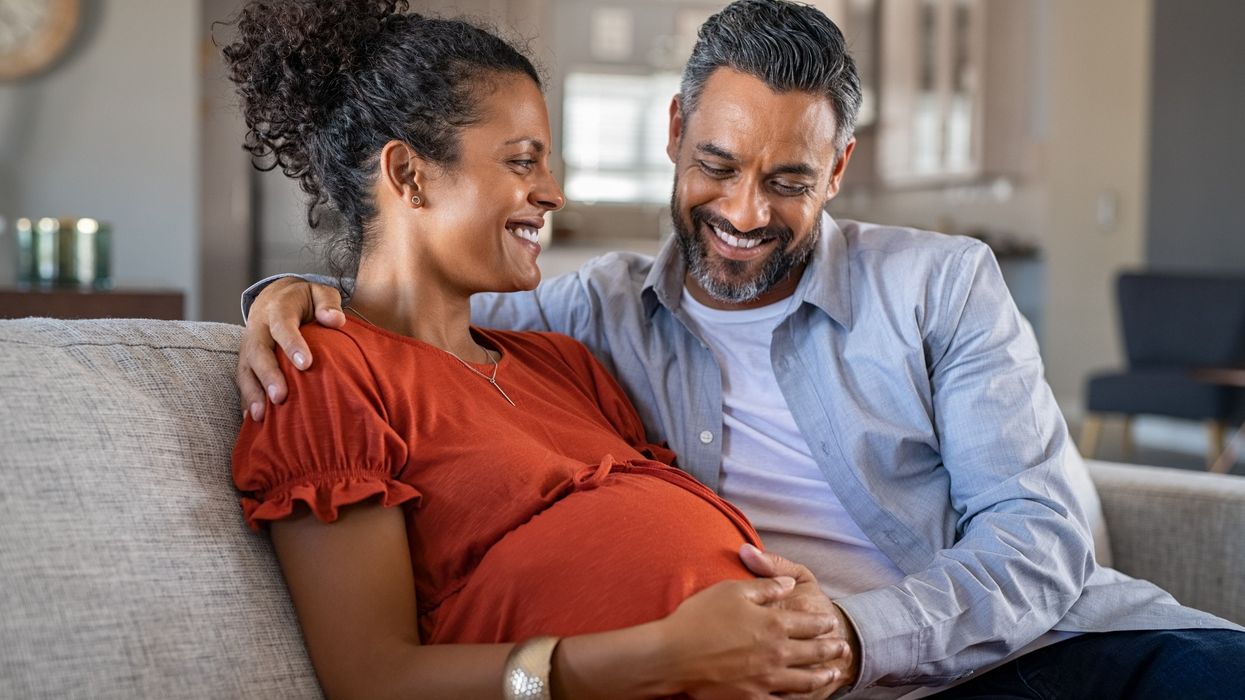URGENT action needs to be taken to tackle racial health inequalities in maternity care, the NHS’s policy lead on race equality has told Eastern Eye, after a damning report found that the majority of interventions over the last 40 years did not include a specific focus on race, ethnicity or action plans.
Black women are five times more likely than their white counterparts to die in pregnancy or childbirth, while women of Asian heritage face a two-fold risk.
Women living in the most deprived areas of the UK are almost three times more likely to die than those from the most affluent areas.
Research released last week by the NHS Health and Race Observatory, the University of Liverpool and University of Warwick, found few maternal policies that were developed by hospital trusts and other providers focused on addressing ethnic health inequalities across maternity care.
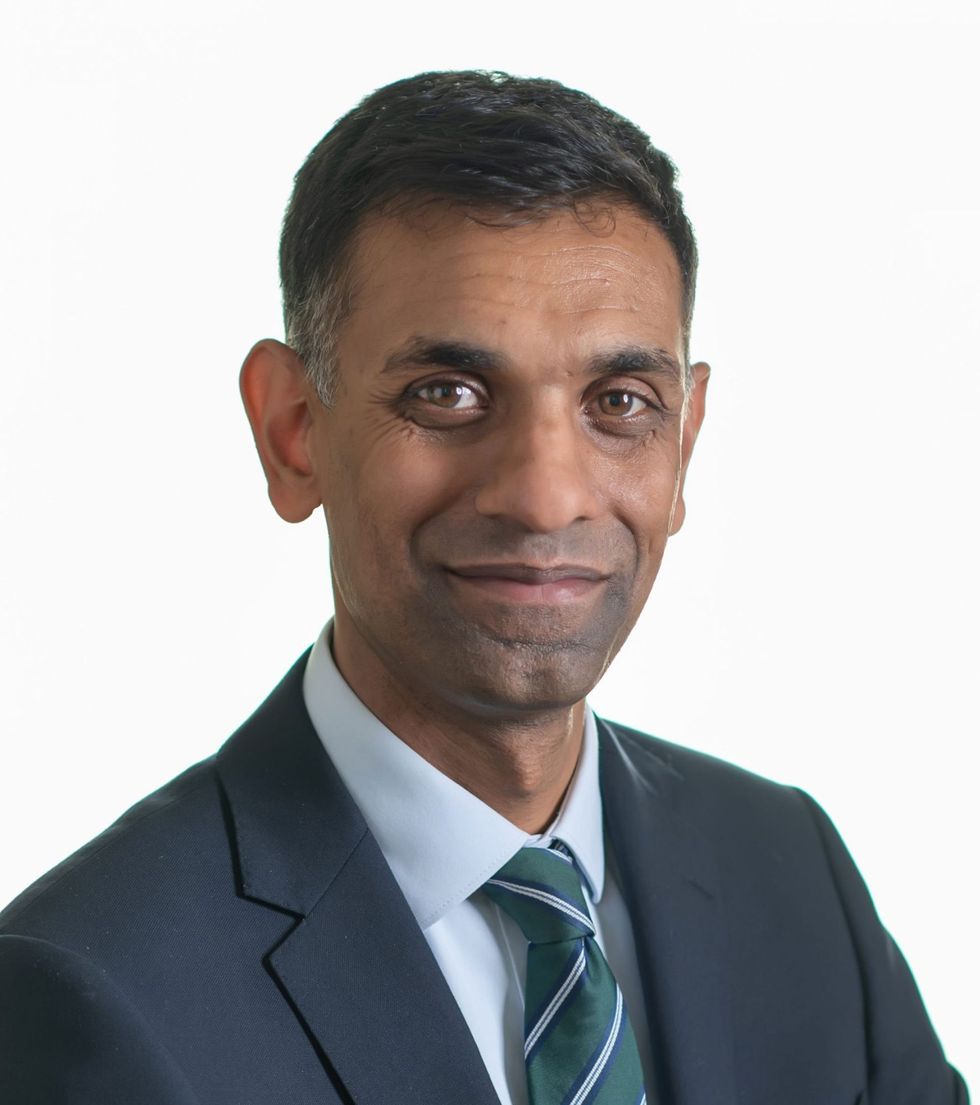
Dr Habib Naqvi, director of the NHS Race and Health Observatory, told Eastern Eye, “This vital review has found little funding and emphasis have been placed on tackling ethnic and racial health inequalities in maternity care.
“A more joined-up and holistic approach to tackling ethnic and racial inequalities in maternal health is both necessary and urgent.”
Alongside vast evidence, researchers also studied past policies and interventions designed to broadly improve maternal and neonatal health.
As part of the nine-month literature review, 19 key interventions aimed at tackling ethnic inequalities (published between 1981 and 2022), were included for review with data collected from 1977 to 2020.
“Ethnic inequalities in maternal and neonatal health is a very important issue. It was disappointing that in over 40 years of published evidence, we only found 19 interventions aimed broadly at tackling ethnic inequalities,” Dr Abimbola Ayorinde, assistant professor at Warwick Medical School, University of Warwick, told Eastern Eye.
“This suggests a paucity of robust evidence as well as lack of clear records of interventions in this area.”
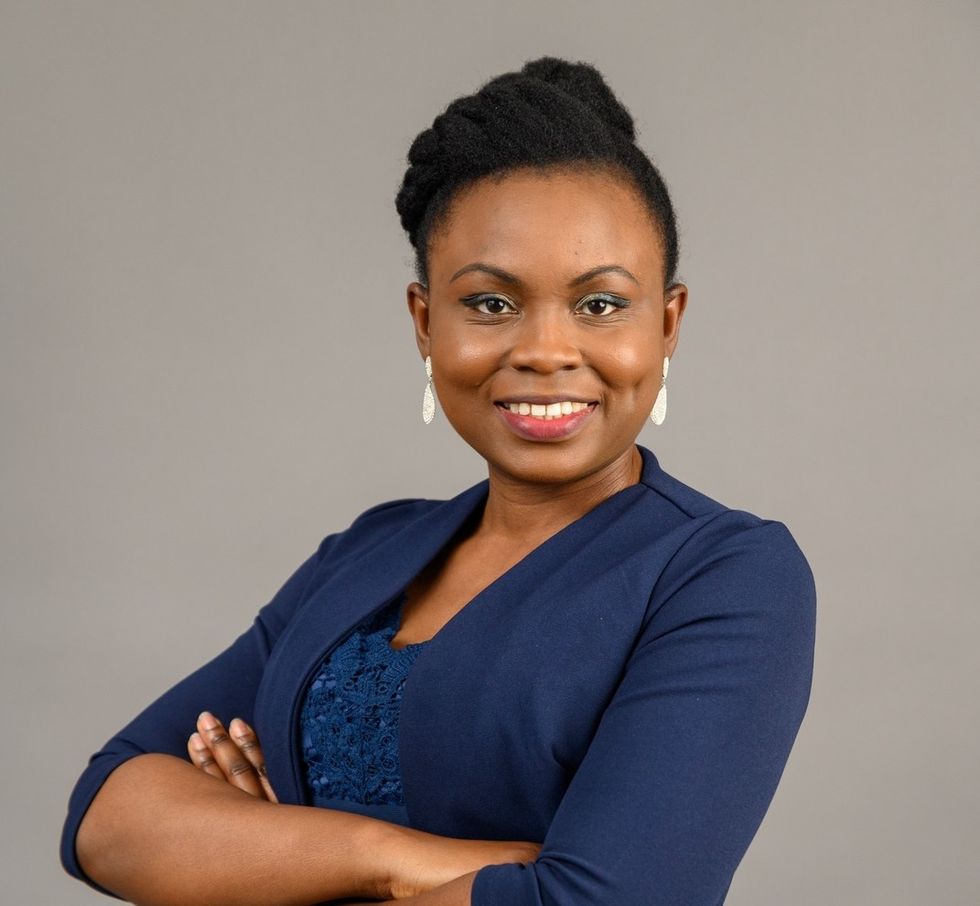
The report also highlighted the fact that maternal mortality was linked to mental illness, and women from ethnic minority communities were once again disproportionately affected.
“Today’s report makes for sad and very uncomfortable reading. It is essential we improve research and develop more wellevidenced programmes to support maternal and neonatal healthcare for black, Asian and ethnic minority women,” Dr Adrian James, the president of the Royal College of Psychiatrists, told Eastern Eye.

“The leading cause of maternal mortality is death related to mental illness, yet this is the area where we have seen the least improvement, with those from minority ethnic communities disproportionately affected.
“A key focus of Integrated Care Boards is to reduce inequalities by bringing together NHS organisations, local authorities, voluntary community and social enterprises. Given they provide a great opportunity for well-evidenced, large-scale health interventions, it is disappointing to see so little in the way of effective interventions in this area.
“Patients from minority ethnic communities should not expect disparities in care they receive. Integrated Care Boards must urgently take effective action to reduce these unacceptable inequalities.”
Among the recommendations from the NHS Health and Race Observatory is a call to have a centralised interactive portal on the NHS England maternity website where interventions can be shared, observed and learned from.
The limited number of published reports mean ad-hoc examples of good practice, such as the midwifery continuity of care model, may not have been published and are not being shared across the maternal and neonatal health system.
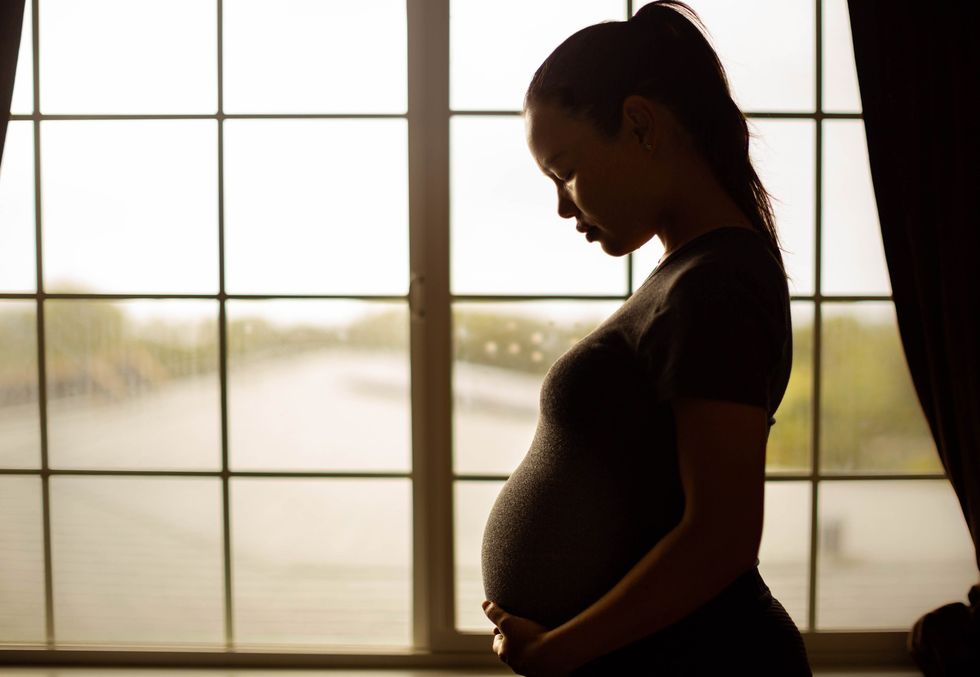
The majority of interventions reviewed did not include a specific focus on race, ethnicity or action plans to improve the disparate outcomes for black, Asian and ethnic minority women and babies in maternity and neonatal care.
In addition, no evaluation of interventions which aim to tackle institutional or interpersonal racism, such as tackling ethnic stereotyping or supporting people with experience of discrimination in healthcare, were found.
“The concept of intervention can seem deceptively simple,” said Naqvi.
“In healthcare, we sometimes imagine we can drop in, tweak one or two things, and somehow improve health outcomes for all. This attitude is especially common when policymakers talk about ethnic and racial equity,” he added.
“Some leaders will send their staff on unconscious bias training, for example, and think they’ve done enough.
“The truth, of course, is more complicated. The nature of institutional and structural racism means that considerations of race and equity need to be embedded throughout the design and implementation of any effort or meaningful intervention,” he said.
“Interventions that do not start here very rarely achieve equitable outcomes and, perhaps more worryingly, many of them don’t measure what they’re trying to achieve at all.
“Health providers need to create systemic changes in research funding and design to ensure intervention efforts are fit-for-purpose and well implemented. These interventions need to be created through coproduction with ethnic minority women and pregnant people, with their experience and well-being at the centre.”
Among the report’s findings, interventions were variable, broad, sporadic, not fully implemented or designed for evaluation, leading to the risk of duplication of multiple efforts across the country.

The report also outlines how a number of improvements could be delivered through better research and data recording; ensuring continuity with the same midwife or maternal team; first-trimester screening, with early screening for preeclampsia; vitamin D supplementation; support with post-natal depression for specific ethnic groups; and specialist cultural liaison midwives to improve trust with pregnant women.
It is hoped the series of practical recommendations – compiled by maternal experts and those with lived experience – will lead to inconsistencies and gaps being closed.
“We hope each party will play their part to ensure we achieve the muchneeded improvement going forward,” said Ayorinde.
According to the Department of Health and Social Care, black women are 40 per cent more likely to have a miscarriage than white women, and deprived areas can have higher rates of stillbirths.
Back in 2020, the government criticised the NHS by saying it had “no target to end it”.
This led to the creation of the Maternity Disparities Taskforce, which was set up to tackle inqualities in maternity care.
Established by the minister for patient safety and primary care, Maria Caulfield, and co-chaired by the chief midwifery officer, Professor Jacqueline Dunkley-Bent OBE, the taskforce brings together experts from across the health service, mothers, government and the voluntary sector, who meet every two months.
Campaigners, however, are concerned that addressing inequalities in maternity care could once again be ignored as the taskforce is still in its early stages.
Reports last week also suggested that NHS England (NHSE) will redirect £1 billion of its annual budget over the next two years – that had been earmarked partly for maternity care – to pay for deficits elsewhere in the health service.
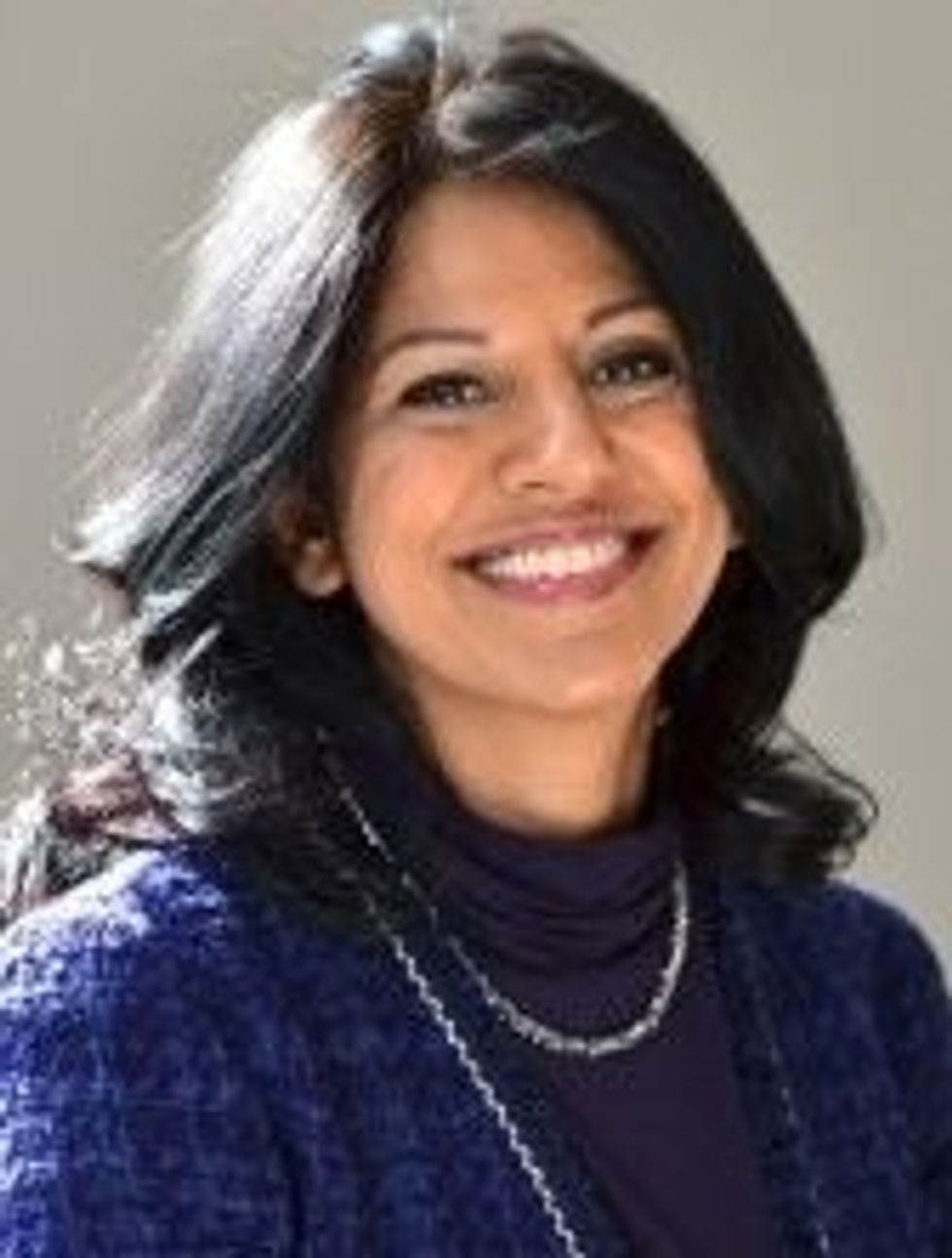
“It is imperative that health teams, the NHS, integrated care boards and all other providers of perinatal services take stock of this report and commit to effective action to address maternal health inequalities and more research as a priority,” said Dr Daghni Rajasingam, consultant obstetrician and deputy chair of the NHS Race and Health Observatory’s maternal working group. “There is an urgent need for programmes across England which are designed to address, track and evaluate maternal inequalities going forward.
“It is not acceptable that one of the leading causes of maternal mortality is also linked to mental illness, and women from ethnic minority communities are once again disproportionately affected.
“While we found a number of inconsistencies through our maternal mapping research, we also want to capture what is working and replicate that where possible.”
